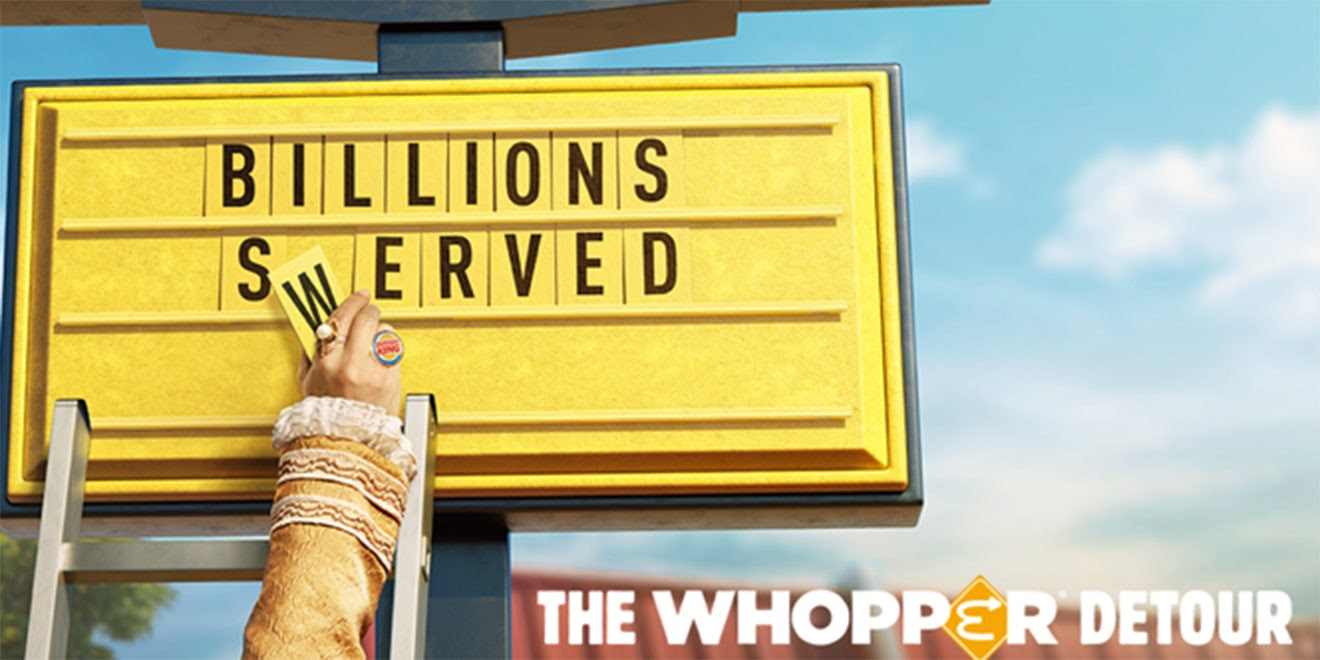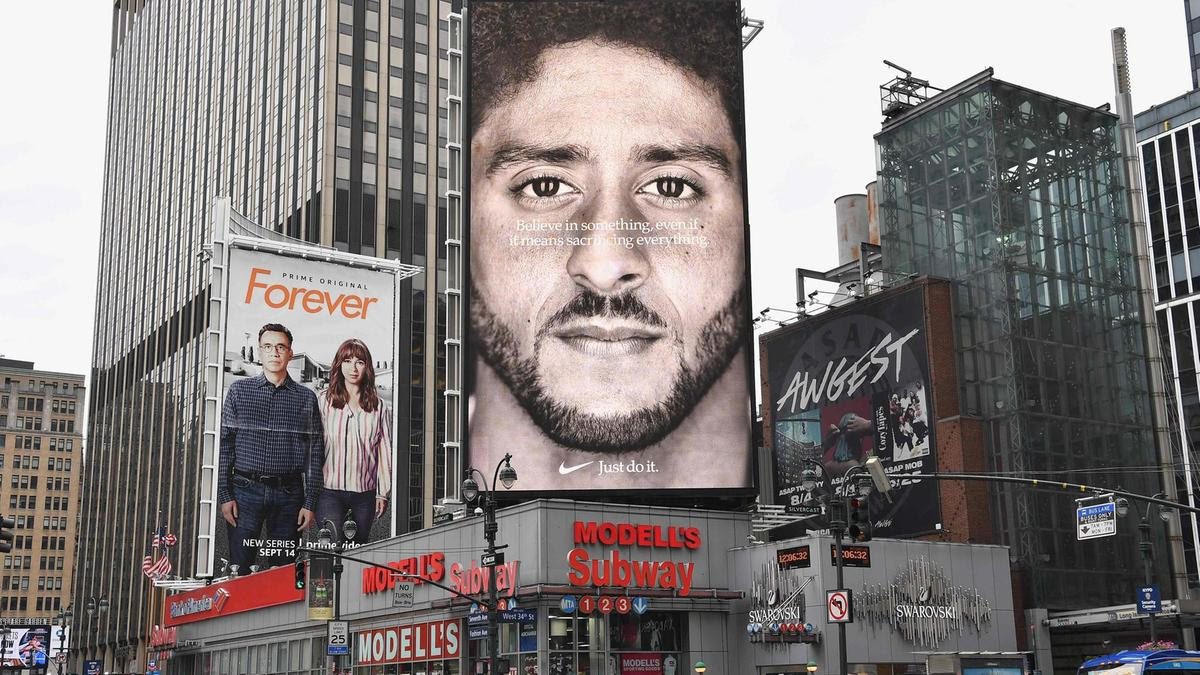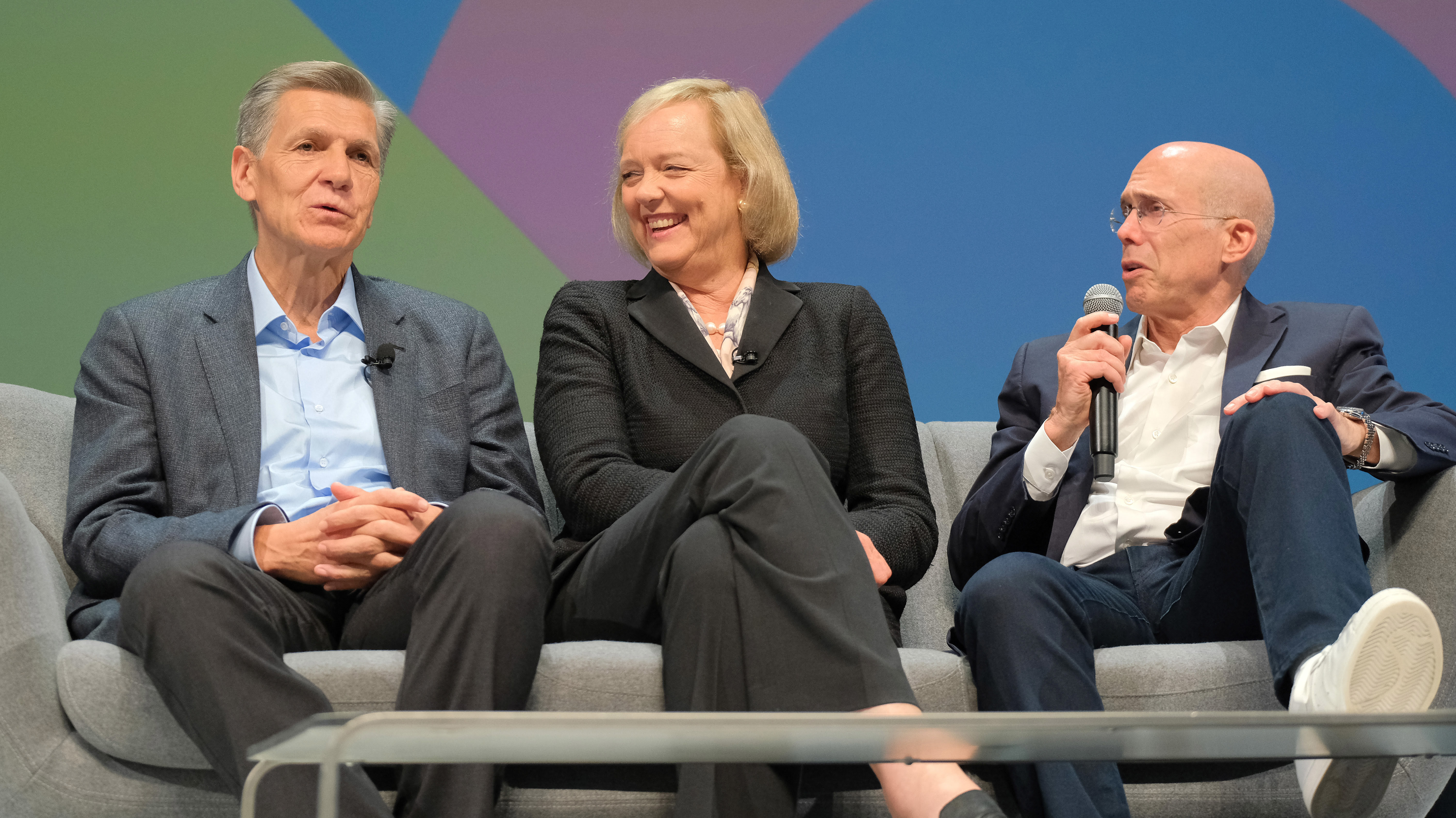Four ways you can respectfully reach consumers in 2019
Our team just returned from the Cannes Lions 2019, where we had an amazing opportunity to hear from incredible speakers as they discussed how our industry and consumer behaviors are evolving.
Here’s a key summary of the biggest news from the festival:
Read on to discover what the following four takeaways mean for reaching consumers in your business.
1. Recognize the trends in consumer phone usage
New research from Hearts & Science shows that 64% of consumers have curbed their app usage over the past year. Hearts kicked off Cannes with the introduction and pre-release of our latest research, “Going Dark: The Rise of Conscious Disconnectors,” which explores this phenomenon.
Hearts believes marketers can be part of the solution by providing a valuable digital experience that contributes to consumers’ well-being.
Also, Hearts is planning to map these behavioral segments onto our Omni platform—with thousands of attributes—to build predictive look-alike models that will help clients reach these Conscious Disconnectors.

As Hearts Chief Audience Officer, Renee Cassard, explained in an opening-day panel, “Marketers need to remember that consumers’ attention is more strapped and valuable than ever. It’s not about how to maximize their attention but how to respect it. The right message is delivered at the right time—otherwise, the consumer will disconnect.”
Stay tuned for the full research release this fall, and check out more highlights from the panel on Facebook below.
2. Targeting versus privacy: Always at odds?
The tension between advanced data targeting capabilities and growing calls for consumer privacy showed up in several panels throughout the week. AdExchanger Executive Editor, Zach Rodgers, reminded us of Apple’s increased anti-tracking measures in Safari and Google’s moves to deprecate their DoubleClick ID, both large blows to advertisers’ targeting capabilities.
Facebook took a bold stance in Cannes, encouraging advertisers to move away from targeting altogether—perhaps as a response to several privacy-related controversies—with a reminder about the power of the platform’s broad reach. Facebook’s VP of Global Marketing Solutions, Carolyn Everson, appealed to the benefits of awareness, frequency and the use of first-party data to reach potential customers.
But elsewhere, targeting is alive, well and celebrated. Burger King won a Direct Lion award for their “Whopper Detour” campaign.

Source: Adweek’s Inside Story of the Burger King Campaign
In it, mobile Burger King app users were geotargeted; when they came within 600 feet of a McDonald’s, they were given an offer to buy a Whopper for only 1 cent. Maybe targeting is more palatable when it’s served with a healthy dose of humor—and provides real value exchange in return.
3. Cannes rewards creative with a purpose
Cannes Outdoor awarded its top prize to Nike for its billboard campaign featuring Colin Kaepernick. Nike famously partnered with the former pro-football player and social justice warrior Kaepernick, kicking off their joint campaign with a bold tweet. That tweet was then made even more prominent in the billboard design.

Source: The National’s Nike Ad Featuring Colin Kaepernick
But Nike was far from the only brand integrating a social change message. In fact, social good was threaded throughout the weeklong festival. Cannes hosted its second “Change for Good” hackathon in partnership with Amazon, Earth Day Network and Huge, which challenged agencies to create solutions to pressing environmental problems.
And Print & Publishing Bronze campaign Lion winner, “Read more, Listen More,” won for its industrywide message promoting the importance of news media. The campaign launched on World Press Freedom Day, anchored by The New York Times and UNESCO.
4. Newcomer Quibi takes on video industry titans
Short-form video streaming platform Quibi came out with a bang at Cannes when they announced $100M in ad commitments for its not-yet-launched digital video destination. CEO Meg Whitman joined Co-Founder Jeffrey Katzenberg and P&G Chief Brand Officer Marc Pritchard on stage to share details of what advertisers can expect from the platform.

Source: Adweek’s Video Platform Quibi Will Launch in April
Despite a planned launch in Q2 2020, brands like P&G, Walmart and Google have already signed on for non-skippable pre-roll inventory to run on the platform. Quibi’s content will be served in quick bites (the meaning behind the name) to satisfy millennials’ short digital attention spans. Steven Spielberg and Jennifer Lopez are just a few of the big names already signed on to create content.
Similarly to Hulu, consumers will have the choice of watching ads for a cheaper subscription ($4.99 vs. $7.99), and ads will be kept short, starting at only six seconds.
Looking for more?
Find more ways to reach your consumers. Discover what Google can teach us about optimizing digital marketing experiences or what key takeaways you might have missed from Digiday’s Programmatic Marketing Summit.
